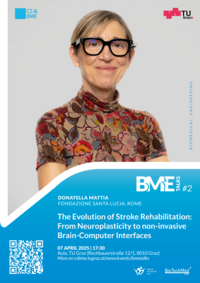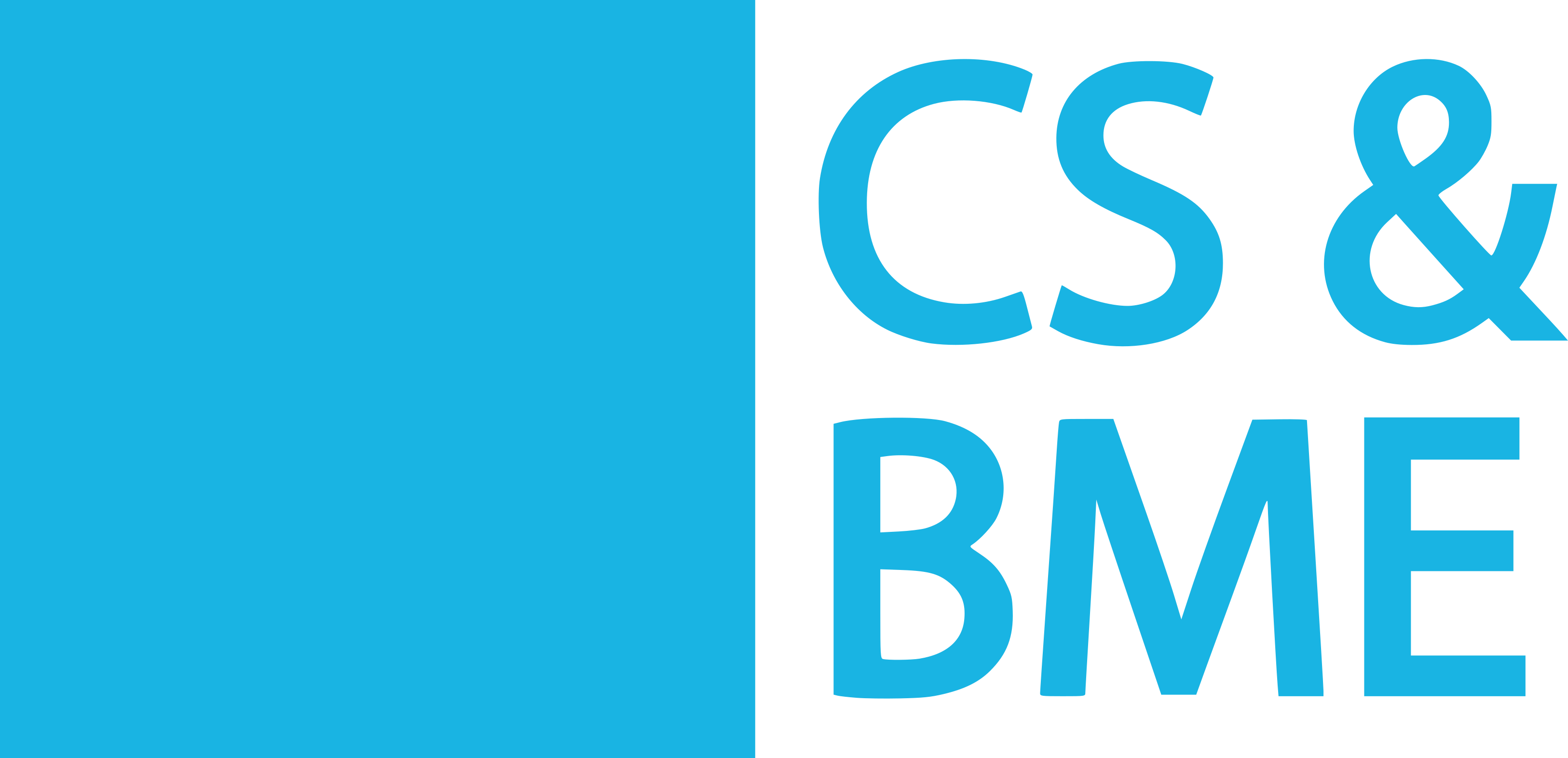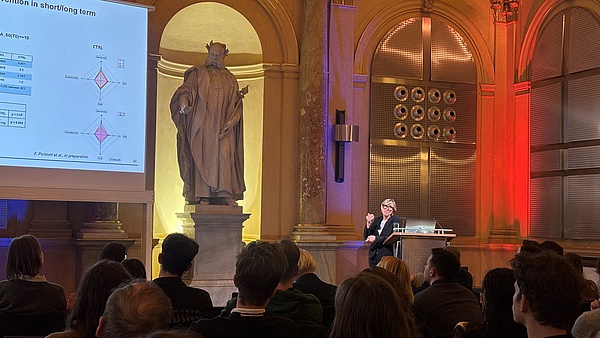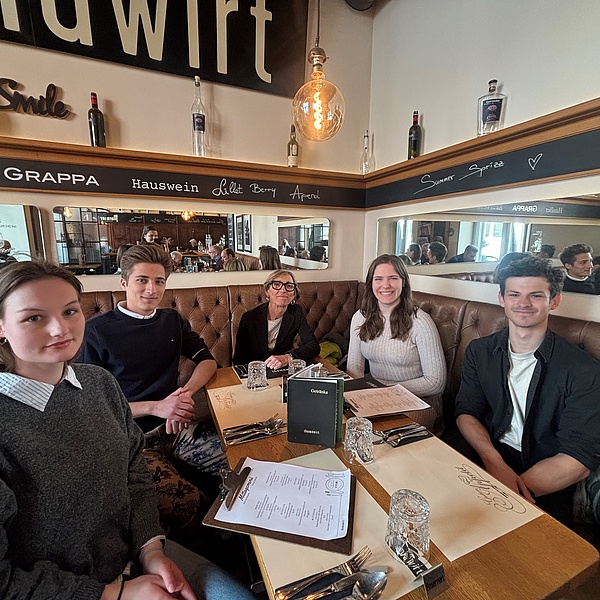

BME-Talk #2
The Evolution of Stroke Rehabilitation: from Neuroplasticity to non-invasive Brain-Computer Interfaces
Donatella Mattia (Fondazione Santa Lucia, IRCCS, Rome)
April 7th, 2025, 5:30 pm
Aula, Alte Technik
Rechbauerstraße 12, 8010 Graz
No registration necessary!
Abstract
Despite multimodal rehabilitation efforts, 40% of stroke survivors live with various disabilities. Among these, upper limb disability is particularly critical as it vastly reduces independence in daily living activities. The BCI technology exploits a variety of brain signals to create new artificial channels to interact with the external world. Promising results in early-stage clinical trials have shown how BCI technology can promote post-stroke recovery of upper limb motor function as it offers on-line feedback about the brain signals associated with mental motor practice, motor intention/attempt thus, helping to guide neuroplasticity to improve recovery. Nevertheless, the deployment of this technology to clinical practice is still under way. This talk is intended to provide the audience with an overview on the state of art of the non-invasive BCIs currently under investigation in the field of neurorehabilitation after stroke; open issues to translate BCIs from the laboratory to the clinical scenario will be also discussed.
Bio
Prof. Donatella Mattia (MD, Neurologist, PhD in Neurophysiology at University of Rome “Sapienza”, Italy). In 2020, she received the national habilitation as Full Professor in Neurology. She specialized in electrophysiology of the cerebral cortex in animal and human tissues maintained in vitro, at the Montreal Neurological Institute, McGill University, (Montréal Québec, Canada). Since 1995, she is a neurologist at Fondazione Santa Lucia IRCCS (Rome, Italy) where she acts as the director of the “Innovative Intervention in Neurorehabilitation” Research Department (from 2023) and of the Neuroelectrical Imaging and Brain Computer Interface Laboratory (from 2004). Research interests are focused on application and clinical trial-validation of the EEG-based BCI technology in a clinical setting as rehabilitation (mainly post-stroke) and assistive (severe ABI and disorders of consciousness) tool and on neurophysiological (EEG) signature of human motor function/disfunction.
Speaker's Lunch
With the Speaker's Lunch/Dinner, our faculty offers a unique opportunity for students from the Dean's List ranking to meet renowned scientists. The relaxed atmosphere encourages open conversations and allows students to ask questions, exchange views on current research topics and build a strong professional network. By engaging directly with leading academics, students can gain valuable advice and perspectives to help them achieve their career goals and pursue their academic interests. The Speaker's Dinner/Lunch is thus an enriching addition to the regular study routine and helps to support students on their way to becoming successful and well-connected professionals in the fields of Computer Science and Biomedical Engineering.
Philipp Rettenbacher (BME, Bachelor), Simona Šrůtková (BME, Bachelor), Maximilian Strohmaier (BME, Bachelor), Emilia Kerekes (BME, Bachelor) had the opportunity to take part in the Speaker's Dinner with Donatella Mattia.
Lisa Windisch
CSBME - Marketing, PR, Fakultätskommunikation
Graz University of Technology
Email: marketing.csbme@tugraz.at
Phone: ++ 43 873 4055
Dear participants!
Photos will be taken in order to promote and document this event!
The photos might be published on brochures or websites of Graz University of Technology as well as on social media.
If you do not wish to be photographed, please tell one of the organizers or photographers!


